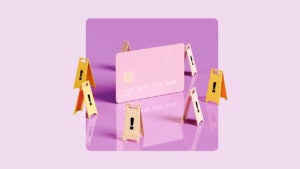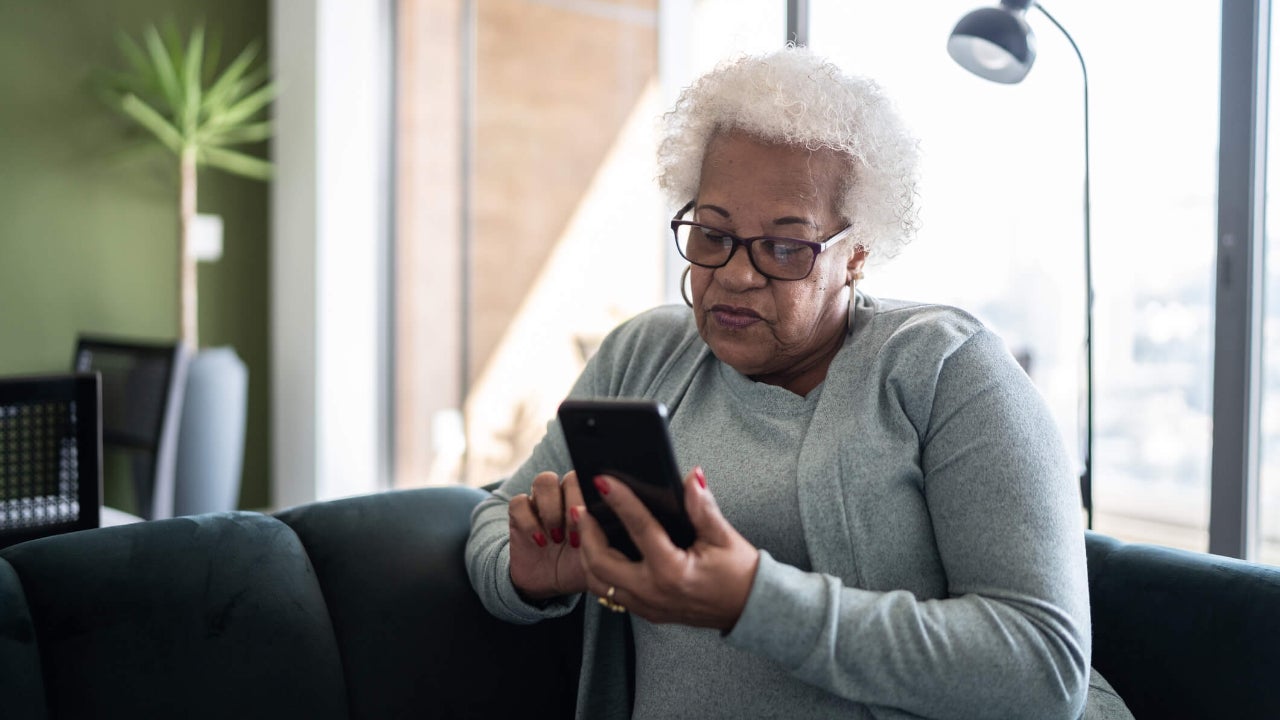Can a bank issue a credit card without my permission?

Key takeaways
- In the past, banks have been punished for issuing credit cards without permission.
- The CFPB and FTC are among the agencies that are there to help when the worst happens.
- Check your credit report for free to ensure any fraudulent cards are removed from your credit history.
Can a bank open a credit card account for you if you haven’t applied for one? The short answer is no, banks cannot issue a credit card without your permission.
The CFPB has worked to put an end to such occurences across the banking industry. Here’s how you can protect yourself from similar predatory practices.
A brief history of banks opening credit cards without applications
You may have heard of Wells Fargo’s ill-conceived criminal acts between 2002 and 2016 where employees “gamed” the system by opening fake accounts for customers — without their consent — in order to reach sales targets, according to the U.S. Department of Justice.
And the Consumer Financial Protection Bureau (CFPB) penalized Bank of America in July 2023 for illegally opening credit card accounts and accessing customers’ credit reports without permission. Bank employees opened unauthorized credit card accounts, going back to at least 2012, in a bid to reach sales targets. The bank was also charged with imposing fees multiple times on customers whose transactions were declined due to inadequate funds in their bank accounts.
Finally, the CFPB took action against U.S. Bank and Fifth Third Bank for offenses similar to those done by Wells Fargo and Bank of America. These matters were eventually settled for millions and billions of dollars, but by that time, damage was done to customers’ credit profiles.
Banks need your permission to open a credit card account
The Truth in Lending Act says banks cannot issue you a credit card unless it is in response to a request or application you make, in writing or orally, to the issuer. So, banks can’t issue you a card you did not apply for.
However, they can send you a renewal card or a substitute card for a card you’ve already accepted. You will likely receive a new card when, for instance, your old card expires. In these cases, make sure the terms and conditions of the new card work for you, since the bank may have made changes. If you are not on board with the changes, you don’t have to accept the new card.
If you get a card you didn’t apply for, and you don’t plan on keeping it, don’t use it. Using it implies you’ve accepted the card, which means you will be held responsible for any activity on it.
You should also be careful when a retail employee asks for your personal information under the pretext of making you eligible for rewards. They could use that information to sneakily open a card account you didn’t expressly ask for.
Fair Credit Reporting Act violations
When a bank obtains your credit report without your permission to open an unauthorized card account, it’s a violation of the Fair Credit Reporting Act. The act protects information collected by consumer reporting agencies, including credit bureaus. Information in a consumer report cannot be provided to anyone who does not have a purpose specified in the act.
A bank’s illegal actions of opening a credit card account can hurt your credit score — and you may not even know it happened. A lender will make a “hard inquiry” to ensure that you are creditworthy.
If there are too many inquiries within a short time, the credit score algorithm could take it to mean you are actively looking for new credit, which could knock down your score.
How you can take action
Getting a card you didn’t apply for could also be an indication of fraud. Someone could have accessed your personal information and opened an account in your name. If you receive a card you didn’t apply for, contact the bank and ask for help getting it resolved. If that doesn’t work, Experian recommends taking the following steps:
- File a complaint via the Federal Trade Commission’s (FTC) IdentityTheft.gov and generate a report as part of your recovery plan.
- File a police report and compile documents for law enforcement, including your FTC report, a government-issued ID with a photo, proof of address (a bill, credit card statement or similar) and any other evidence. Don’t forget to ask for a copy of the police report.
- File a complaint with the U.S. Office of the Comptroller of the Currency by calling 800-613-6743 between 8:00 a.m. to 8:00 p.m. ET, Monday through Friday or writing to the OCC Customer Assistance Group.
- File a complaint with the CFPB. Include documents including account statements and communications with the company. Either select a company from the list in the form or add information for companies not on the list.
- Open disputes with the three credit bureaus — Equifax, Experian and TransUnion.
- Freeze your credit with each of the bureaus until the credit card fraud is resolved to your satisfaction.
- Check your credit report for free every week at AnnualCreditReport.com. This step is important because it’s a chance to catch fraudulent activity and errors in your report.
The bottom line
A bank cannot create a credit card account for you without your express permission. If you receive a card you didn’t apply for, it could be a sign of fraud that needs to be investigated immediately.
In case you get a card you didn’t sign up for, start by contacting your bank and ask for the account to be closed. Don’t use the card if you don’t want to be held responsible for it.
If your issuer doesn’t resolve your complaint about a suspicious credit card, take the next step and contact the CFPB, FTC and your police department for resolution of credit card fraud. Finally, take advantage of AnnualCreditReport.com and get your report to ensure the card has been removed from your credit history.
Frequently asked questions
Why we ask for feedback Your feedback helps us improve our content and services. It takes less than a minute to complete.
Your responses are anonymous and will only be used for improving our website.






